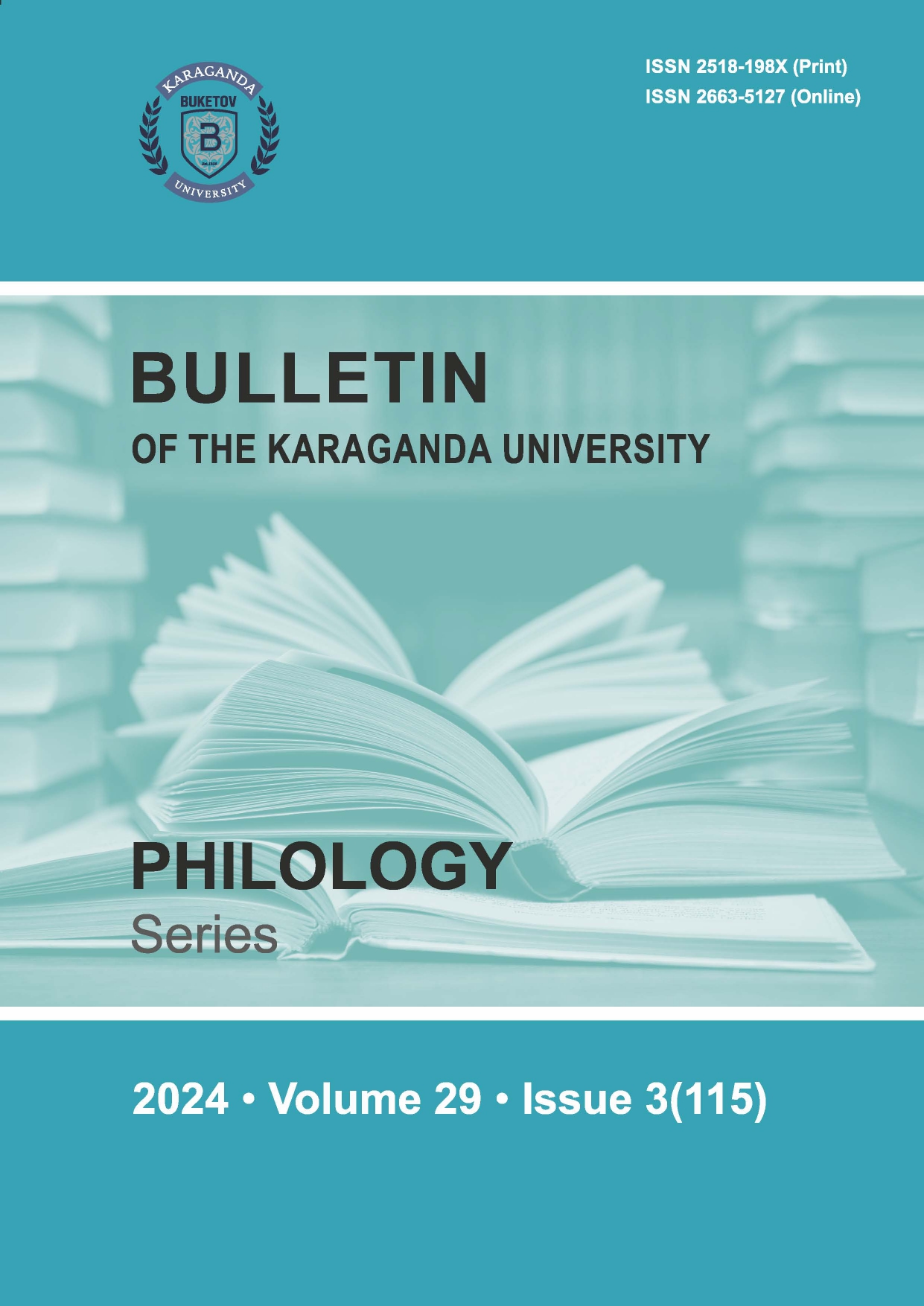Mythological thinking in the cognitive system
DOI:
https://doi.org/10.31489/2024hph3/434-445Keywords:
myth, mythological thinking, totemism, animism, magic, symbol, truth, cognitionAbstract
Each era's theoretical-cognitive thought forms a new cultural and historical integrity because it is the heir toall of its preceding main directions while evolving at a qualitatively different level, choosing a distinct re-search topic and range of interests, and creating its own vocabulary for describing and explaining the phe-nomena of the surrounding reality. In addition to providing a theoretical understanding of the phenomena ofunderstanding the world by our forebears, the modern theory of cognition has an important task in revealingthe ontological structures and mechanisms of knowledge, demonstrating the subject volume and pluralism ofconcepts of cognition and understanding of the world, and adequately and clearly demonstrating some sub-stantive and logical parallels. The article deals with the evolution of the cognitive capabilities of myth. It ana-lyzes various scientific points of view concerning the epistemological function of myth. It also notes that thestudy of the heuristic role of myth in relation to culture and science requires a philosophical concept capablethrough the analysis of the universal aspects of myth to synthesize a holistic picture of the mythological wayof thinking as the basis for all creative activity immanently inherent in man




